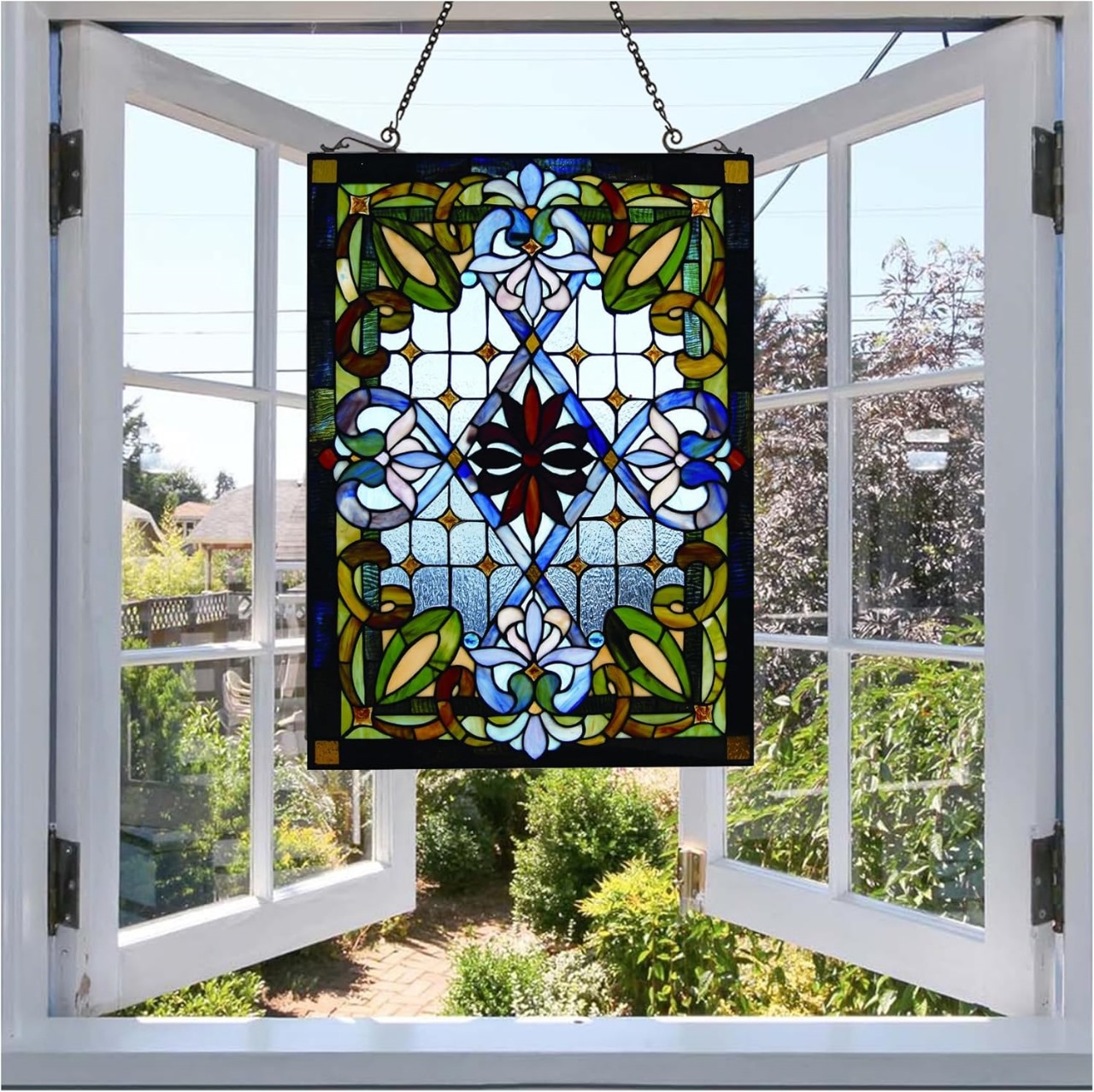Selling stained glass from medieval churches can be a complex yet rewarding process, especially when the pieces hold centuries of history, craftsmanship, and artistic value. Whether you are a private owner, a collector, or an institution looking to part with historic stained glass, understanding the right steps can make all the difference in securing the best price and finding the right buyer. In this guide, we will explore how to sell stained glass from medieval churches effectively, ethically, and profitably.
Understanding the Value of Medieval Church Stained Glass
Before you can Sell stained glass from medieval churches, it’s essential to understand what makes these pieces so valuable. Stained glass from this era often features intricate designs, religious iconography, and hand-painted details that reflect the artistic styles of the Middle Ages. Factors such as age, condition, provenance, and rarity all play significant roles in determining value.
Factors That Affect Value
- Age and Origin – Authentic medieval church stained glass is rare and highly sought after.
- Condition – Cracks, missing sections, or restoration work can impact the selling price.
- Provenance – A well-documented history of the stained glass can increase buyer trust.
- Artistic Detail – The craftsmanship, colors, and iconography influence desirability.
Choosing the Right Selling Approach
When you decide to sell stained glass from medieval churches, you have several options to consider. Each selling route offers different benefits depending on your goals, timeframe, and the uniqueness of your stained glass.
Private Sales to Collectors
Selling directly to collectors who specialize in medieval art can yield high returns. These buyers value authenticity and are willing to pay top prices for rare church panels.
Auction Houses Specializing in Historic Art
Auction houses with experience in religious and medieval artifacts are an excellent venue to sell stained glass. They provide global exposure and connect sellers to serious collectors and institutions.
Online Platforms for Historic Art
Specialized online marketplaces allow you to sell stained glass to an international audience. However, this requires detailed descriptions, professional photographs, and secure shipping arrangements.
Preparing Stained Glass for Sale
To successfully sell stained glass from medieval churches, preparation is key. Proper documentation and presentation can significantly influence buyer confidence and final price.
Documenting Provenance
Gather all historical records, photographs, and ownership documents. Provenance is critical when dealing with medieval church art, as it establishes authenticity and legality.
Professional Appraisal
A certified appraiser who specializes in stained glass can provide an accurate valuation. This not only guides pricing but also reassures potential buyers.
Cleaning and Preservation
Light cleaning by a professional conservator can enhance visual appeal without compromising the integrity of the glass. Avoid DIY cleaning, as it can cause irreversible damage.
Legal and Ethical Considerations
Selling stained glass from medieval churches requires careful attention to legal regulations and ethical standards. Many countries have cultural heritage laws that restrict the sale or export of historic artifacts. Always verify that the stained glass is legally obtained and that no cultural property laws are being violated.
Cultural Heritage Protection
Check whether the stained glass is classified as protected heritage. If so, special permits or restrictions may apply.
Ethical Sales Practices
Selling stained glass from medieval churches should be done with respect for its cultural and religious significance. Avoid sales to buyers with questionable reputations or intentions.
Marketing Medieval Church Stained Glass
Reaching the right audience is essential when you sell stained glass from medieval churches. Marketing should highlight the historical significance, craftsmanship, and rarity of the piece.
Professional Photography
High-quality images showing detailed close-ups and full panels will help attract serious buyers.
Compelling Descriptions
Descriptions should detail the glass’s origin, age, condition, and historical importance. Use storytelling to connect buyers with the piece’s past.
Targeted Outreach
Reach out to museums, restoration projects, and collectors’ clubs that specialize in medieval art. Direct networking can lead to faster and higher-value sales.
Negotiating and Finalizing the Sale
When you sell stained glass from medieval churches, negotiation is often part of the process. Be prepared to justify your asking price with appraisals, provenance, and market comparisons. Once a price is agreed upon, finalize the sale with a secure payment method and ensure safe transport of the stained glass to the buyer.
Conclusion
To successfully sell stained glass from medieval churches, you must balance historical preservation with market demand. By understanding its value, choosing the right sales method, preparing it for presentation, and respecting legal and ethical considerations, you can secure the best outcome for both you and the artifact. Whether selling to a private collector, an auction house, or through an online platform, the key is to present your stained glass as a rare and irreplaceable piece of history. With the right approach, you can find a buyer who appreciates its beauty and heritage while achieving top value for your piece.




